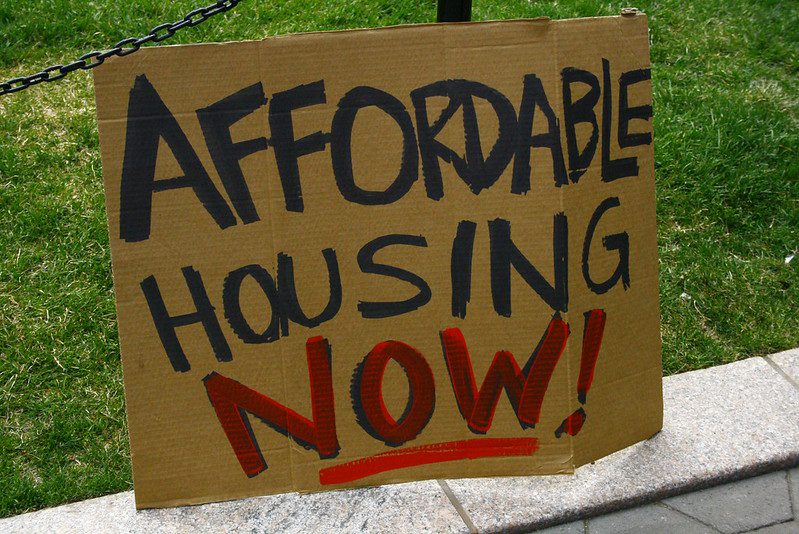Payday loans – one- or two-week consumer loans with exorbitant interest rates – are the antithesis of sound community banking. But banks that should know better are affiliating with payday lenders, risking their own safety and soundness, and neglecting their CRA obligations to respond to legitimate deposit and credit needs.
The Office of the Comptroller of the Currency (OCC) has begun to crack down on nationally-chartered banks involved in the practice. OCC ordered Pennsylvania-based Eagle National Bank to cease payday lending because Eagle did not adequately monitor how its business partner, Dollar Financial Group, ran the operation. The agency also filed suit against People’s National Bank of Paris, TX, alleging that the bank’s payday operation posed a safety and soundness hazard.
Community groups hailed the OCC’s actions, and went on the offensive. The National Community Reinvestment Coalition (NCRC) and several of its members, including the Woodstock Institute and the Community Reinvestment Association of North Carolina, have commented on the CRA exam of Brickyard Bank of Illinois and First National Bank of South Dakota. Both banks finance large-scale payday lending operations. Last year, NCRC commented on the CRA exam of South Dakota-based BankWest, which was financing payday loans through Advance America in Georgia and Virginia. The Federal Deposit Insurance Corporation passed BankWest on its CRA exam, noting blandly that the payday loans were outside of the bank’s South Dakota assessment area. However, the CRA statute compels regulators to assess whether banks are meeting credit needs in a safe and sound manner in all communities in which they are chartered to do business.
Now payday lenders are attempting to buy bank charters to obtain legitimacy via federal deposit insurance and to lower their costs of raising capital. In early July, NCRC and 50 community groups sent comment letters to the Federal Reserve Board calling for public hearings and vigorously opposing the application of mega-payday lender Check ‘n Go to acquire Bank of Kenney in Illinois, a puny bank with $5 million in assets.
Ultimately the most powerful weapon is a bill introduced by Representative John J. LaFalce (D-NY) that would prohibit federally insured depository institutions from participating in payday lending. However, the chairman of the House Financial Services Committee, Representative Michael G. Oxley (R-OH), a champion of the payday lenders who has criticized the OCC for its actions, has buried the LaFalce bill in committee.
NCRC urges community groups and housing practitioners to contact members of Congress, especially those on the House Financial Services Committee, and urge them to cosponsor the LaFalce bill and to advocate for its swift enactment.



Comments